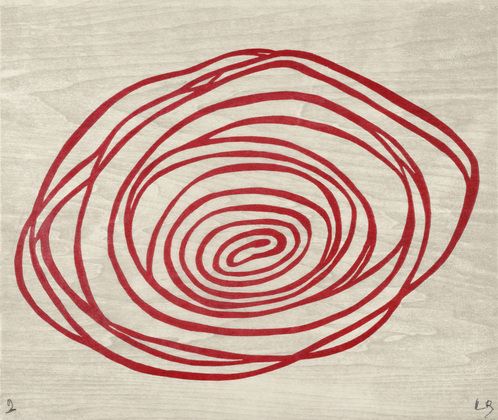Internal Family Systems Therapy (IFS) is a therapeutic approach that offers a profound understanding of our complex inner emotional landscape. Developed by Richard Schwartz in the 1980s, IFS provides a unique and compassionate method for exploring and healing the different aspects of our psychological world.
At Rough Patch, our counsellors use different therapeutic modalities depending on their specialty.
What Is Internal Family Systems Therapy?
IFS is a transformative therapeutic model that views the human mind as a collection of distinct subpersonalities or “parts,” each with its own unique thoughts, feelings, and behaviors. At the heart of this approach lies a fundamental belief in the existence of a core Self – a calm, compassionate, and inherently wise center of our psychological being.

The Core Principles of (IFS)
Unlike traditional therapeutic approaches, Internal Family Systems Therapy doesn’t focus solely on symptoms or past traumas. Instead, it delves deep into the intricate internal dynamics that shape our behaviors, emotions, and experiences. The therapy offers a revolutionary way of understanding our inner world, helping individuals develop a more compassionate and integrated sense of self.
Understanding the Parts of Our Inner World
IFS Therapy identifies three primary types of psychological parts:
- Exiles: These are the most vulnerable parts of our psyche, carrying deep emotional wounds, painful memories, and unresolved traumas. Exiles often hold intense emotions like grief, shame, or fear that have been repressed or avoided.
- Managers: These protective parts work tirelessly to control our external environment and internal experiences. Often perfectionistic and critical, managers attempt to prevent pain by maintaining tight control over our lives and emotions.
- Firefighters: These emergency response parts emerge when exiles are triggered, using extreme or impulsive behaviors to quickly suppress painful emotions. They might manifest through behaviors like substance use, overeating, or other forms of emotional numbing.
The Role of the Self in Internal Family Systems Therapy
Central to IFS Therapy is the concept of the Self – not a part, but the core essence of an individual. The Self represents our innate capacity for compassion, wisdom, and healing. When we connect with our Self, we can approach our internal parts with empathy, curiosity, and understanding.

How Internal Family Systems Therapy Works
In practice, it is a collaborative process between the therapist and client. The primary goal is to:
- Help clients identify and understand their internal parts
- Facilitate communication between the Self and these parts
- Heal emotional wounds
- Create internal harmony and balance
The therapy involves a gentle, non-judgmental approach to exploring internal conflicts. Therapists guide clients to:
- Dialogue with their internal parts
- Understand the protective roles of these parts
- Release burdensome emotions and negative beliefs
- Develop a more compassionate relationship with themselves
Who Can Benefit from IFS?
This therapy is particularly beneficial for individuals who:
- Experience overwhelming emotions or destructive behavioral patterns
- Have experienced trauma or significant life challenges
- Feel disconnected or fragmented in their sense of self
- Struggle with persistent self-criticism or shame
- Desire a more compassionate and integrated inner life
Recommended Resources for Exploring Internal Family Systems Therapy
For those interested in deeper exploration, consider these resources:
Key Books
- “Internal Family Systems Therapy” by Richard Schwartz
- “You Are the One You’ve Been Waiting For” by Richard Schwartz
- “Parts Work: An Illustrated Guide to Your Inner Life” by Tom Holmes
IFS offers a compassionate approach to understanding and healing our inner world. By recognising and working with our internal parts, we can develop a more integrated, balanced, and authentic sense of self.









